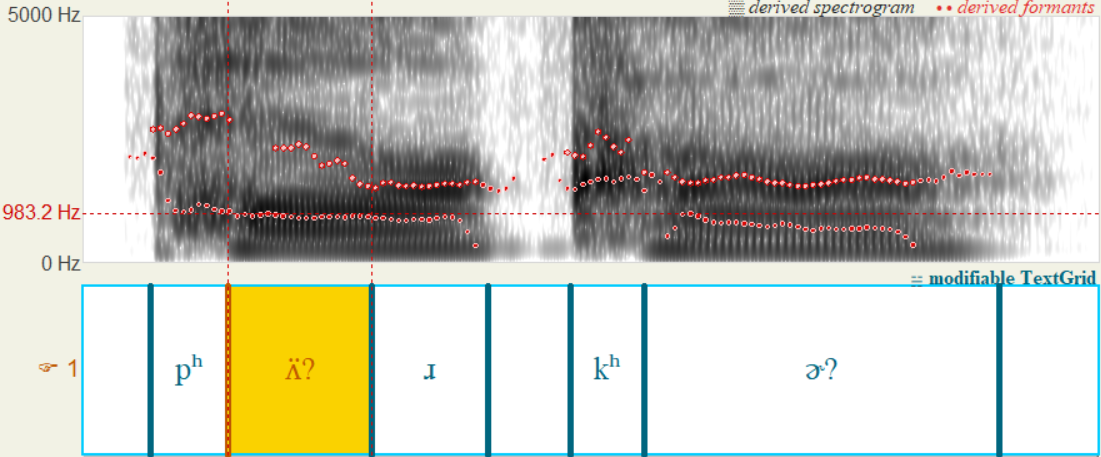I've recently had a small argument with a coworker about the pronunciation of parkour. Neither of us is a native speaker. She seems to believe "parker" (in narrow IPA, [ˈpʰɑ̈˞kɚ]) is the "correct" American pronunciation recognized by the Cambridge Dictionary website. And if you play the audio files here, she seems to be right, it sounds like "parker", not "parcore" (in narrow IPA, [ˈpʰɑ̈˞kɔ˞], rhyming with ore) or "parcoor" (in narrow IPA, [ˈpʰɑ̈˞kʊ̞ɚ], rhyming with poor) which is what I expected. I cross-checked this with the Oxford, Longman and Merriam-Webster websites, none of which seems to corroborate the Cambridge recording. Furthermore, the Cambridge website matches that single "parker" recording with two different transcriptions, /ˈpɑːr.kʊr/ (in narrow IPA, [ˈpʰɑ̈˞kʊ̞ɚ]) and /pɑːrˈkɔːr/ (in narrow IPA, [pʰɑ̈˞ˈkɔ˞]), even though the stress in the recording only matches the former transcription. I do have to consider the possibility of error here (badly edited audio, mismatch between sound and transcription), but I still wonder whether this recording could genuinely prove a common pronunciation of parkour, "parker", in American English.
The file name for the American recording at the Cambridge website is "e18us00017.mp3", used in both HTML elements for the speaker icons. I downloaded it, isolated the "our" part, and it really does sound like "er" ([ɚ]), not "ore" ([ɔ˞]) or "oor" ([ʊ̞ɚ]).
Update: Some of the answerers seem to think realizing /ʊr/ as [ɚ] could be a regionalism. I've highlighted the word common above, but I'd also like to stress that dictionaries like Oxford, Cambridge, Longman and Merriam-Webster are advanced learner's dictionaries. They should not reflect obscure regional accents, but only what is known as General American, a conflation of various Western and Midwestern accents that cannot be immediately identified as particularly regional. Basically, it's the "mainstream news anchor accent" that foreign learners think of as "American pronunciation" and model their own pronunciation after. Obviously regional realizations cannot be included in what is dubbed "general", and are definitely not included in dictionaries like Cambridge's which are intended for foreign learners.
Update 2: Here's a spectrogram of that recording:

Comparing the F1's of the second vowel with the first, they seem to have very similar quality, with the same near-mid height, and the first vowel seems slightly backer, perhaps [ʌ̈]. This tells me that it's highly likely that the second vowel is mid and central, thus [ɚ].
